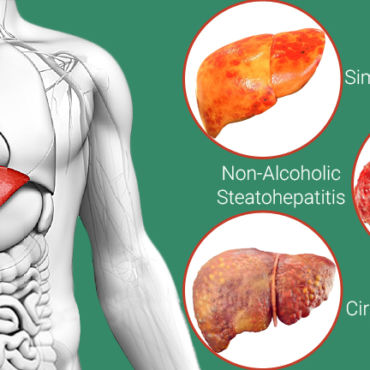In a majority of cases it is due to lack of motivation
Motivation is to stimulate interest to do something. It can be intrinsic and/or extrinsic motivation.
Intrinsic motivation comes from within. If you’re self motivated, you will happily take part in doing things voluntarily, without any influence from pressures or people around you. Something which is fun, enjoyable or satisfying to do are all examples of intrinsic factors that can help keep you motivated.
If you’re extrinsically motivated, you’re driven to do things by external pressures or the incentive of external rewards.
When it comes to physical activity, intrinsic and extrinsic motivations both play a part. Extrinsic motivation helps you to start being active, whilst intrinsic motivation helps you to stick with it!
What motivates you at any given time can depend on different things such as your age and gender. It’s thought that men are often more influenced by intrinsic motivational factors, such as challenge, competition or mastering a new skill, whereas women tend to be more extrinsically driven by things like appearance. Your motivation can also change as you get older. Fewer people want to take part in physical activity as they get older. For those who do, their motivations are often based around looking after things like health and stress levels.
So why does this matter?
Motivation can change from one individual to another. But understanding motivation as a whole and your own motivational needs at any given time could help you to choose a type of activity that’s best for you.
Outlined below are some different types of physical activities and the most common motives people identify for taking part. So, before you jump in first and commit to a rigorous gym routine, have a think about your motivational needs and see if you can find an activity that matches your motives.
Team sports
It’s been found that people often take part in team sports because they enjoy being part/affiliation of a team. Affiliation is an extrinsic motivator, and can help motivate you to sign up to a team in the first place.
Being part of a team, and having other people to exercise with, can also increase your motivation due to something called social comparison. If your teammates are slightly more capable than you are, it’s likely you’ll be more motivated to try to keep up. Avoiding letting other people down is also a huge motivating factor when it comes to team sports – far more so than not letting yourself down. It brings back the sweet memories of childhood at times!
The interest to learn a new skill is another reason why people take part in team sports. Learning a new skill or improving your technique is known as a process goal. It’s not focused on a particular result, such as losing a certain amount of weight, but learning and developing instead. Research has found that people who work towards process goals keep their motivation and feel greater levels of enjoyment than those who focus on outcome goals, so bear this in mind when choosing how to keep active. This also keeps your mind fit.
Individual sports
When it comes to individual sports like cycling or bowling, the enjoyment factor comes out on top. This is a good example of intrinsic motivation. If you enjoy individual sports this could be a good option for you.
Racket sports
In racket sports your motivation for taking part may change depending on your level of expertise. If you’re a novice, enhancing your skills can be enough of an incentive to keep participating. But if you’re experienced, you may be more driven by competing and external rewards such as winning a competition. External motives are great to give you the push you need to start being active, but aren’t as helpful when it comes to keeping it up. So if you feel like you’re losing your motivation, you could try picking a racket sport you’re unfamiliar with to develop your skill set.
Planned exercise
Improving general wellbeing is seen as a popular motivator for people who pursue lower-intensity exercise such as jogging or dancing. However, more intense forms of aerobic exercise and weight training are often pursued by people who are motivated by extrinsic rewards for example improving their physical appearance. Before bolting for the bench press, reflect for a moment and see if this is the best option for you.
If this is the best option for you but you struggle to workout consistently, one technique that has been shown to increase motivation is to combine it with something you find pleasurable. For example, only allowing yourself to listen to your favourite play list while at the gym could make you more likely to go regularly.




Add Comment